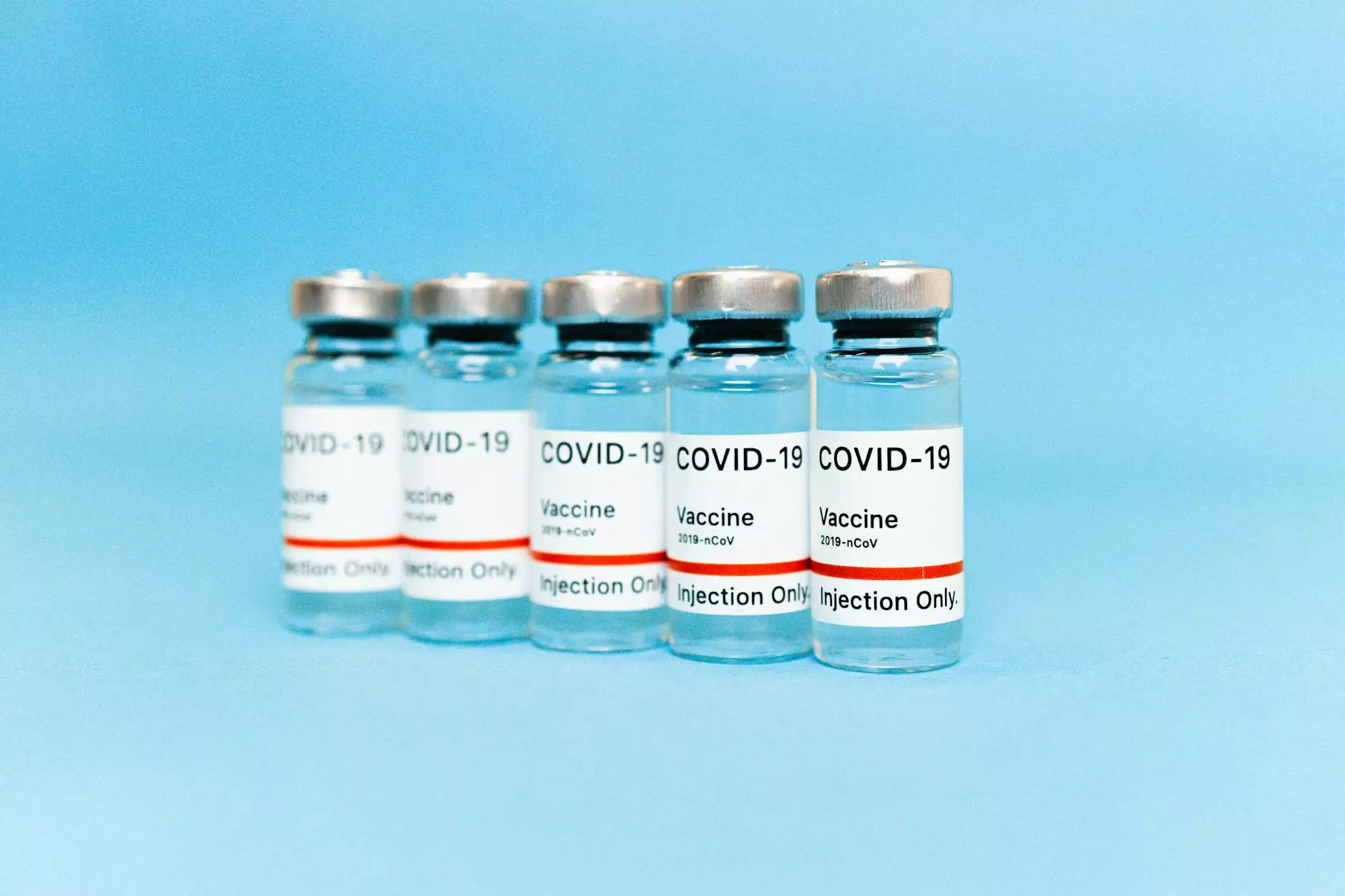Exploring Career Opportunities in Biohazard Jobs

The world of biohazard jobs is often overlooked, yet it plays a crucial role in public health and safety. As the need for specialized cleanup services increases, so do the opportunities for individuals seeking a fulfilling career in this essential field. In this comprehensive article, we will explore the various aspects of biohazard jobs, including the types of work available, the skills required, and why this sector is an excellent choice for those passionate about making a difference.
Understanding Biohazard Cleanup
Biohazard cleanup involves the removal, decontamination, and disposal of hazardous substances that pose a risk to human health and the environment. These substances may include:
- Bodily fluids: Blood, urine, and other fluids that may contain pathogens.
- Medical waste: Items used in medical procedures that could be infectious.
- Chemical spills: Hazardous materials from industrial sites or chemical production.
- Crime scenes: Areas that require cleanup due to violent crimes or accidents.
The work of biohazard cleanup professionals is crucial in maintaining public health safety standards. With increasing awareness of the importance of sanitation, especially post-pandemic, the demand for skilled individuals in this field has seen remarkable growth.
Why Choose a Career in Biohazard Cleanup?
Choosing a career in biohazard jobs can be both rewarding and challenging. Here are some of the compelling reasons to consider this career path:
- Job Security: The need for biohazard cleanup services is projected to grow, ensuring a steady demand for qualified professionals.
- Impactful Work: Professionals in this field contribute directly to the health and safety of their communities by handling situations that most people avoid.
- Variety of Work Environments: Biohazard jobs can range from residential cleanups to large-scale industrial projects, providing diverse work experiences.
- Potential High Earnings: Due to the specialized nature of biohazard work, many positions come with competitive salaries and opportunities for advancement.
Types of Biohazard Jobs
Biohazard jobs encompass a wide range of positions, each requiring specific skills and knowledge. Here are some common roles within this industry:
1. Biohazard Cleanup Technician
Biohazard cleanup technicians are responsible for the physical cleanup of hazardous materials. Their duties typically include:
- Identifying hazardous substances and assessing their risks.
- Utilizing protective equipment and safety protocols during cleanup.
- Properly disposing of biohazardous waste according to regulations.
- Documenting the cleanup process for compliance and reporting purposes.
2. Environmental Service Worker
Environmental service workers often operate in healthcare settings, focusing on maintaining clean and sanitized environments. Key responsibilities include:
- Cleaning and disinfecting patient areas and medical equipment.
- Identifying potential contamination risks and reporting them.
- Ensuring compliance with health and safety regulations.
3. Hazardous Waste Management Specialist
Specialists in hazardous waste management focus on the safe handling and disposal of biohazardous materials, which involve:
- Regulatory compliance for the transport and disposal of biohazardous waste.
- Training staff on proper waste management procedures.
- Conducting audits and inspections to ensure adherence to safety standards.
4. Industrial Hygienist
Industrial hygienists work to prevent occupational illnesses and injuries associated with biohazardous materials. Their work includes:
- Assessing workplace environments for potential hazards.
- Implementing safety programs and procedures.
- Conducting health risk assessments and recommending corrective actions.
Educational Requirements and Certifications
A career in biohazard jobs typically requires a combination of education, certification, and on-the-job training. Here’s what you need to know:
Education
Most positions require a high school diploma or equivalent, although some roles may favor candidates with an associate's degree or higher in environmental science, public health, or a related field.
Certifications
- OSHA Certifications: Training in Occupational Safety and Health Administration standards is essential for safety compliance.
- Health and Safety Certification: Various programs provide training on workplace safety and emergency procedures.
- Hazardous Waste Operations and Emergency Response (HAZWOPER): Certification under HAZWOPER indicates training in handling hazardous materials safely.
Skills Required for Biohazard Jobs
To thrive in biohazard jobs, individuals must possess a unique set of skills:
- Attention to Detail: Recognizing and addressing every hazardous aspect is crucial in biohazard cleanup.
- Physical Stamina: The physical demand of the job requires good health and stamina.
- Problem-Solving Skills: Technicians must think critically and act quickly to address complex situations.
- Strong Communication: Effectively communicating with team members and clients is essential for ensuring safety and compliance.
The Importance of Safety in Biohazard Jobs
Safety is paramount in any biohazard job. This involves not only the safety of the worker but also the safety of the community and environment. Procedures must be strictly followed to minimize risks associated with handling hazardous materials:
- Utilizing proper personal protective equipment (PPE).
- Following established protocols for decontamination and disposal.
- Staying informed about the latest safety regulations and best practices.
The Future of Biohazard Jobs
The trend towards greater awareness of safety and hygiene indicates that the demand for biohazard cleanup professionals will continue to rise. Factors influencing this growth include:
- Increased Awareness: Public health campaigns and education are leading to a greater understanding of the need for biohazard cleanup services.
- Technological Advances: New technologies in detection and cleanup are creating more opportunities in the field.
- Global Health Crises: Events such as the COVID-19 pandemic have highlighted the importance of sanitation and safety procedures, driving demand for biohazard professionals.
Conclusion: Your Future in Biohazard Jobs
A career in biohazard jobs is perfect for those who seek to apply their skills in a challenging and impactful environment. With the rise in demand for biohazard cleanup professionals, now is the time to consider this unique career path. As the industry evolves, opportunities will continue to grow, making it an excellent choice for anyone dedicated to public health and safety.
To embark on this fulfilling path, start researching educational programs and certifications today. Visit biohazardplus.com to explore more about this exciting industry and to find out how you can be part of it!



